Contact our Admissions Department to receive more information about the school, eligibility criteria and the application process.
Admissions Department
PH/TXT: 904-827-2706
VP: 904-201-4460
Registrar
PH/TXT: 904-827-2220


Contact our Admissions Department to receive more information about the school, eligibility criteria and the application process.
Admissions Department
PH/TXT: 904-827-2706
VP: 904-201-4460
Registrar
PH/TXT: 904-827-2220

Come visit the campus in St. Augustine and learn more about us on a personalized tour.

Begin your application online or download a copy and submit it via mail.
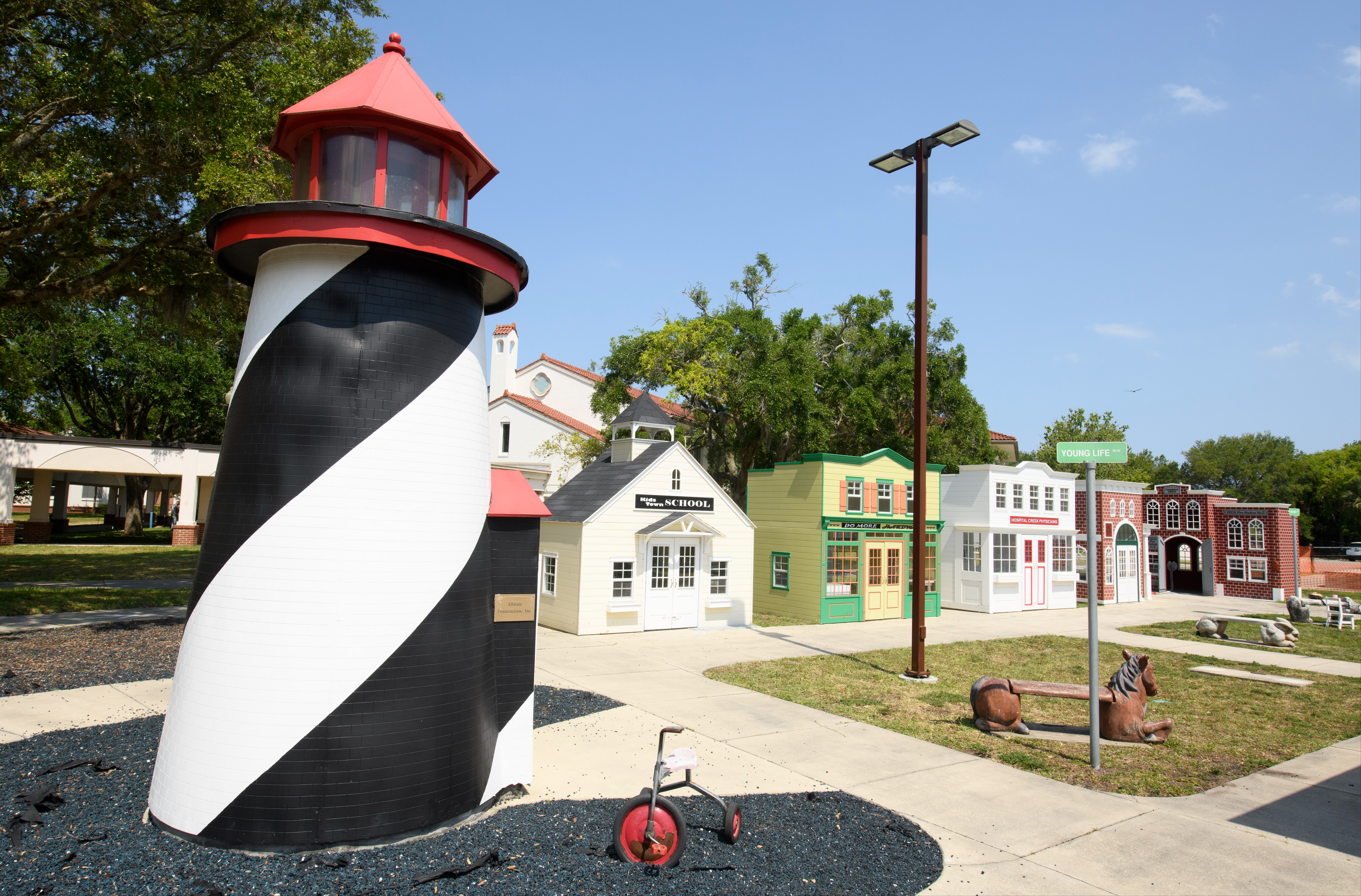
At FSDB, we are committed to educating the whole child. Our approach to learning extends beyond the classroom, providing enrolled students with opportunities to engage in athletics, performing arts, clubs, recreation and more! Whatever their interests, students will find something here at FSDB.
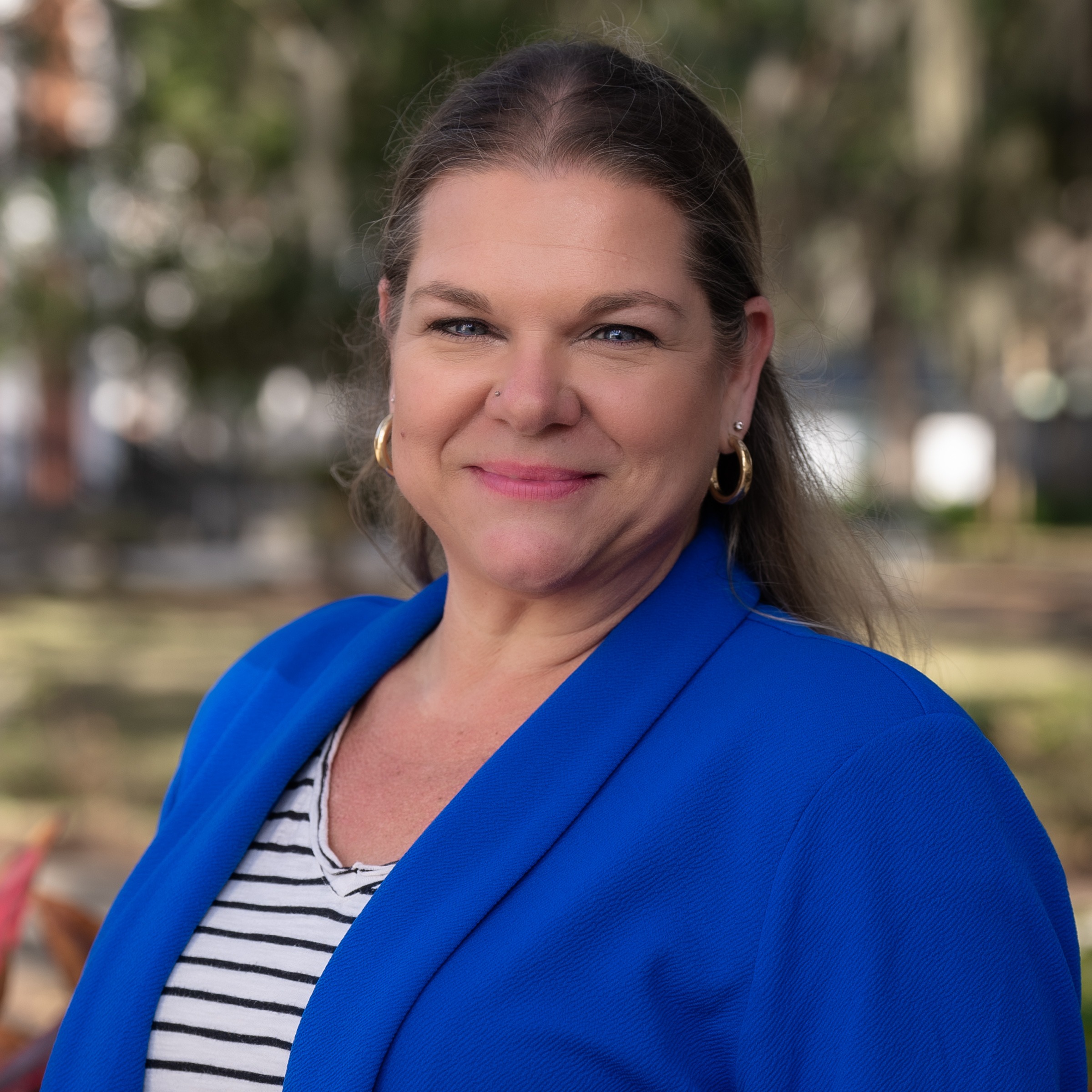
Director of Admissions
PH/TEXT: 904-827-2706
VP: 904-201-4460
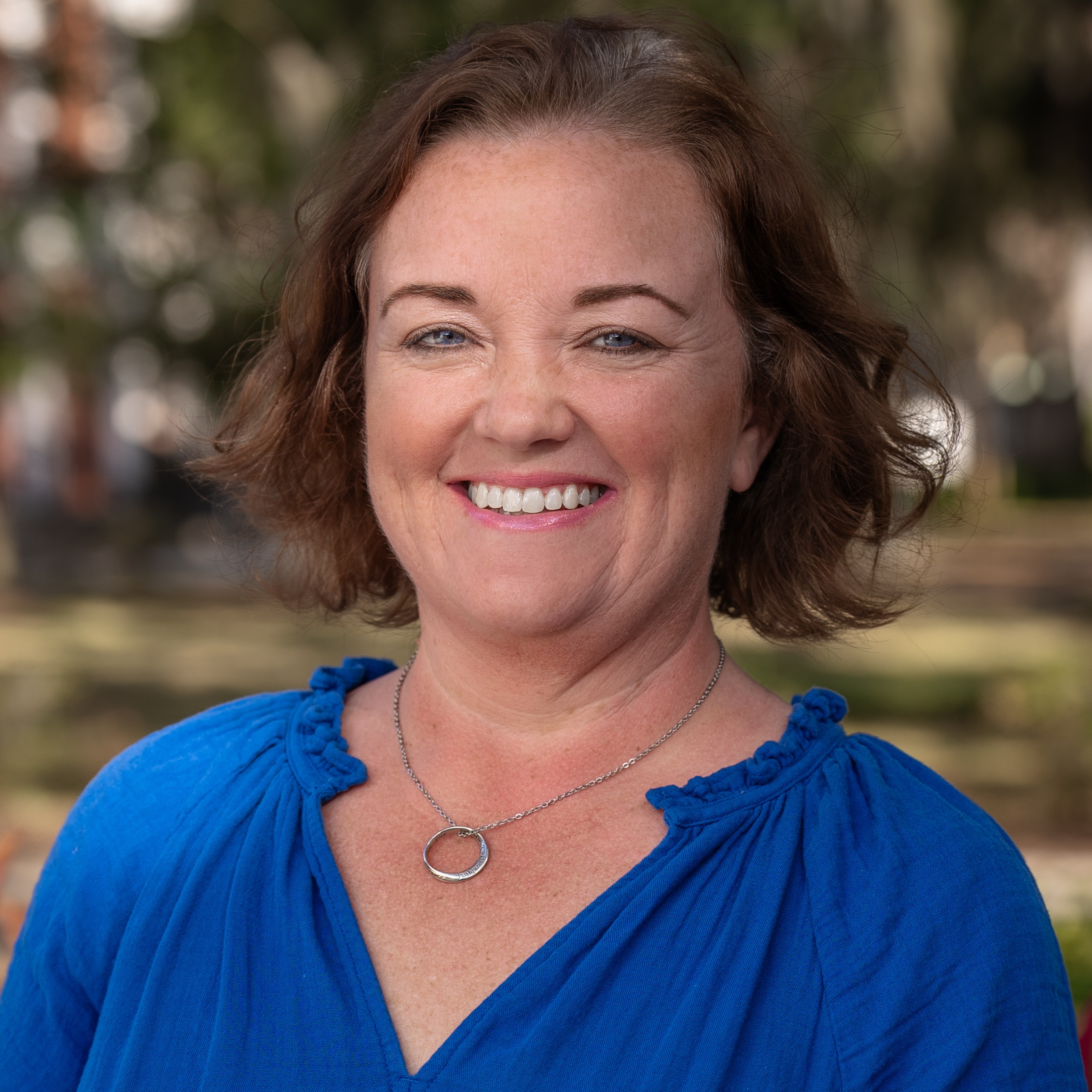
Coordinator of Admissions
PH/TEXT: 904-827-2257
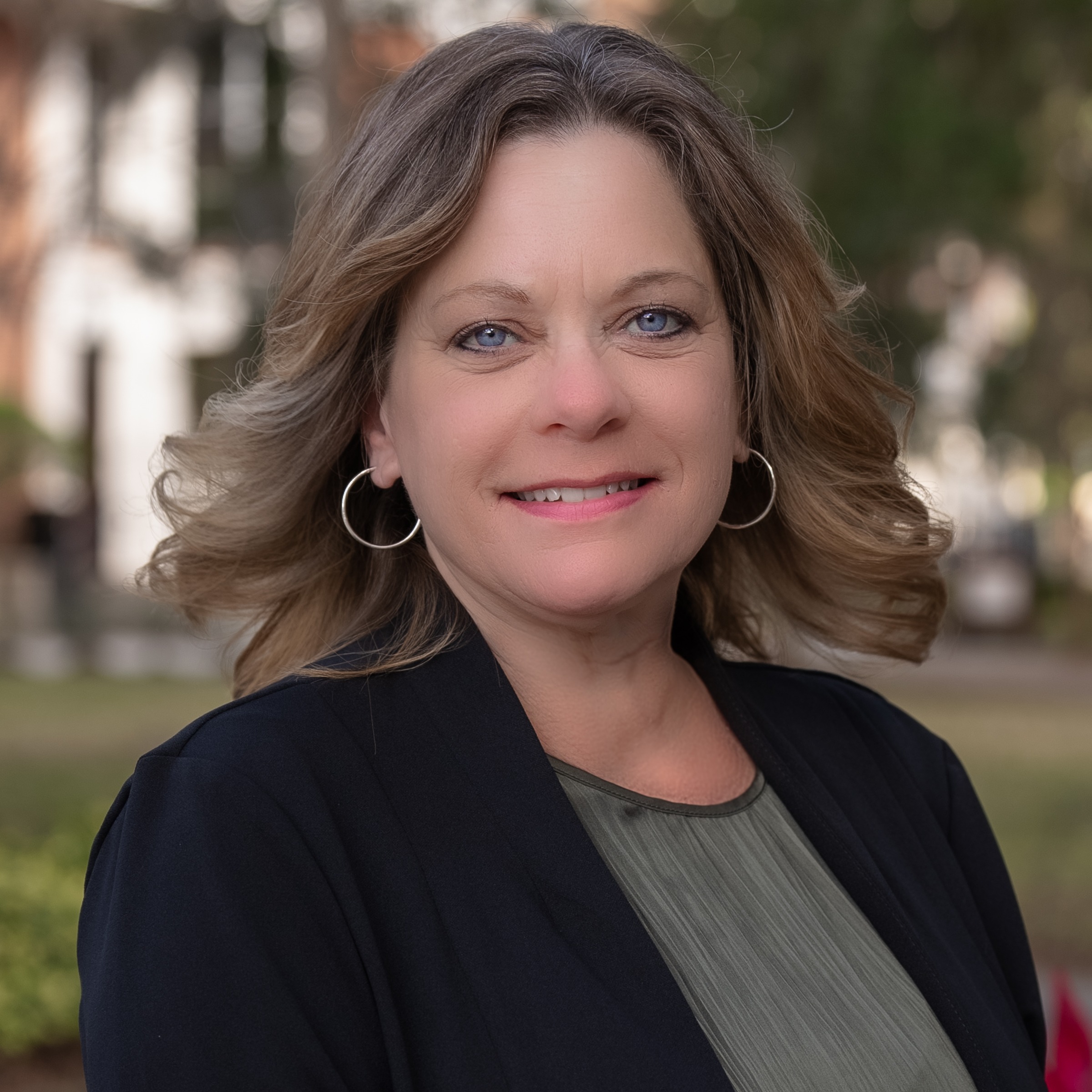
Registrar
PH/TEXT: 904-827-2220
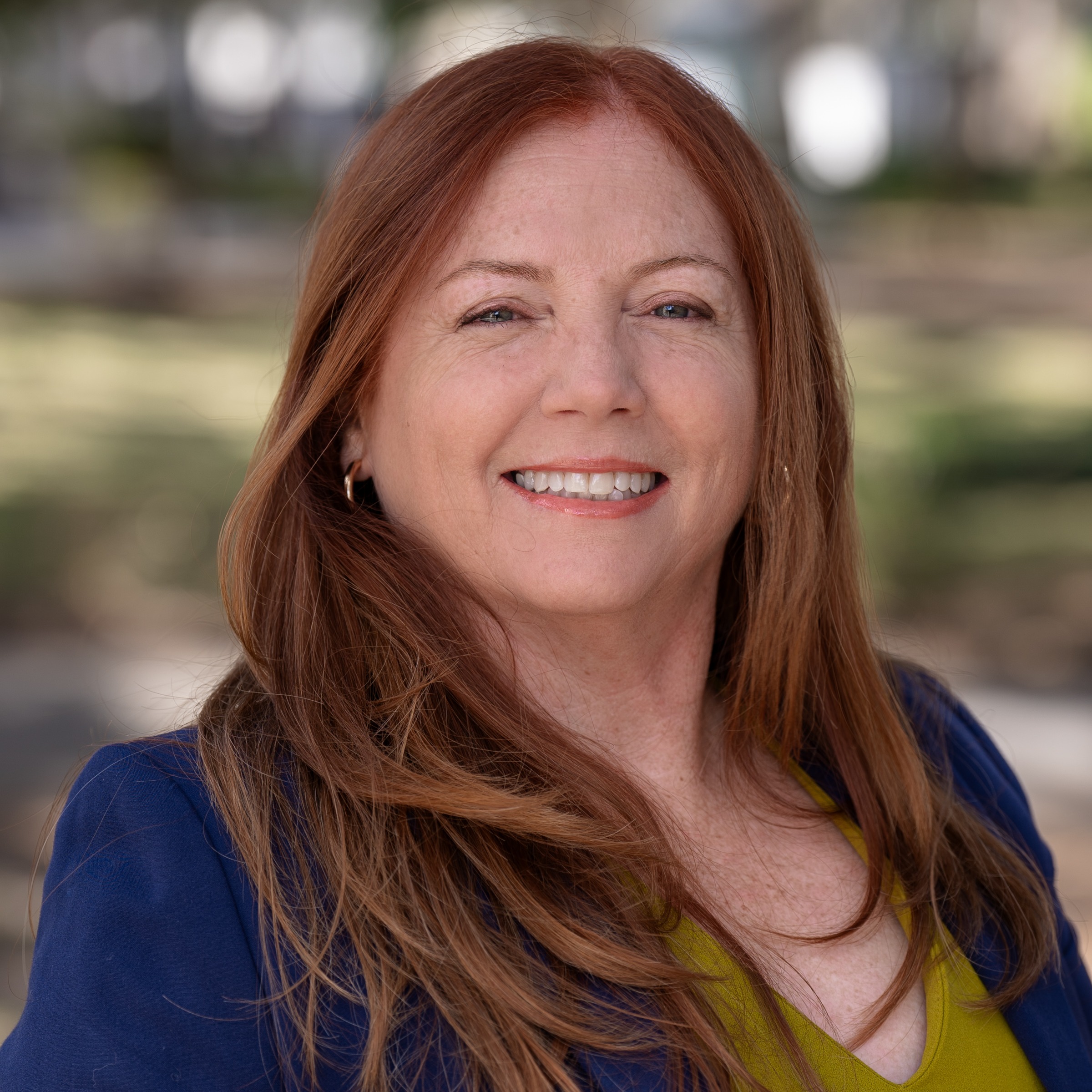
Spanish Translator
PH/TEXT: 904-827-2241